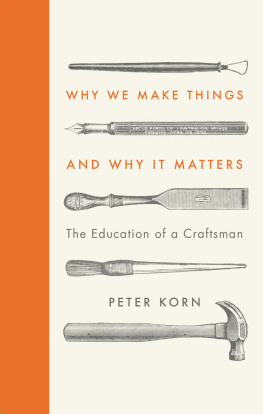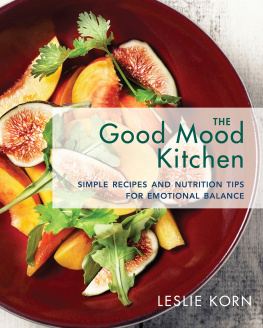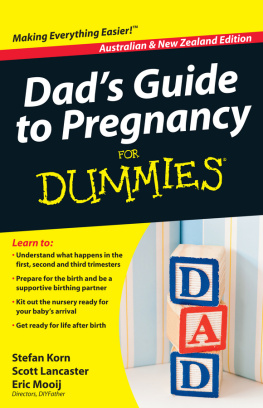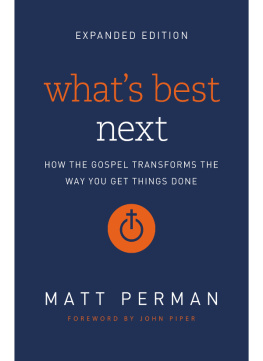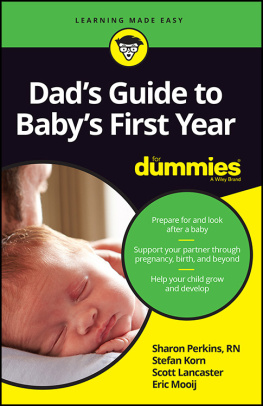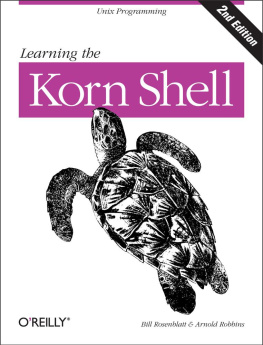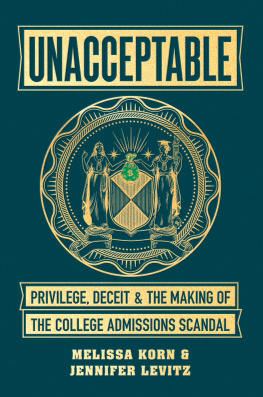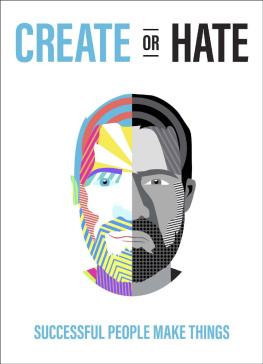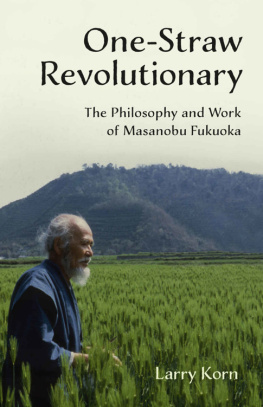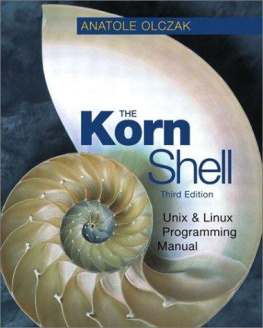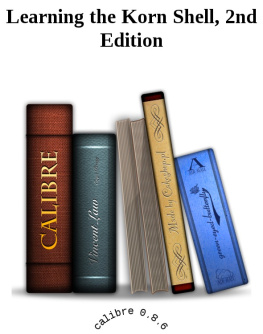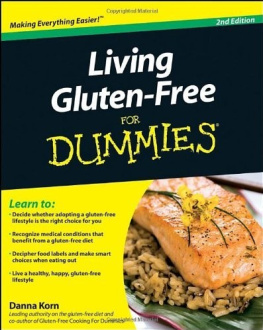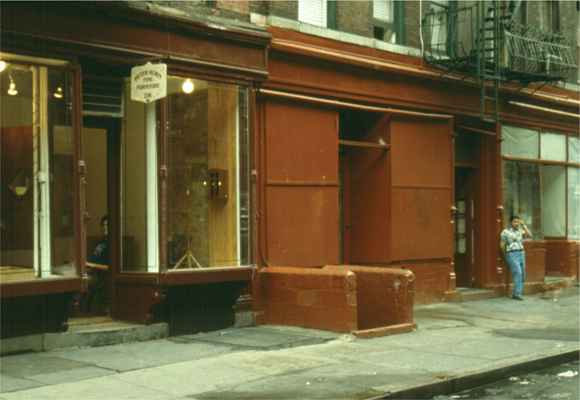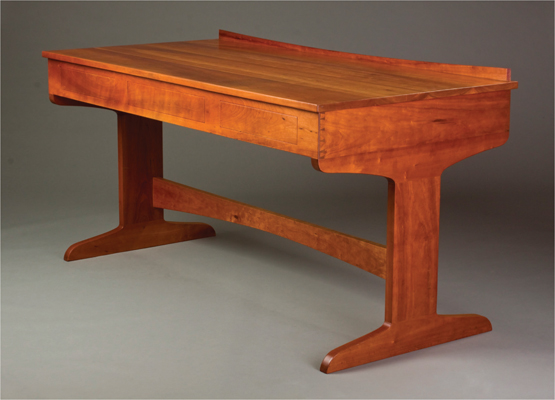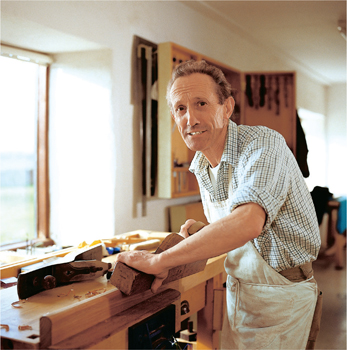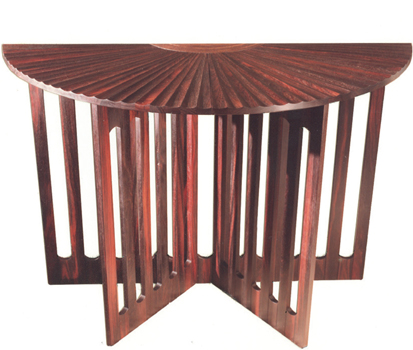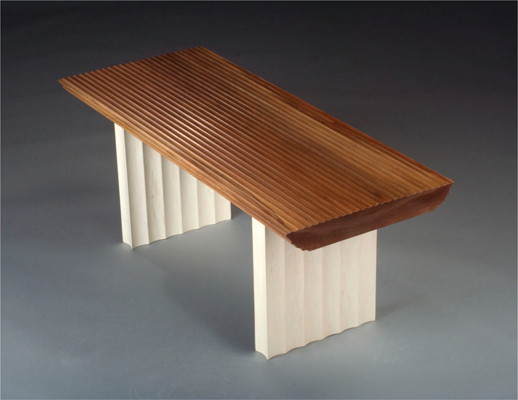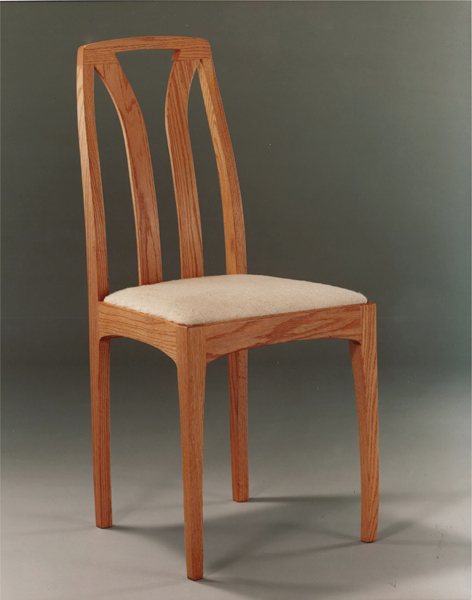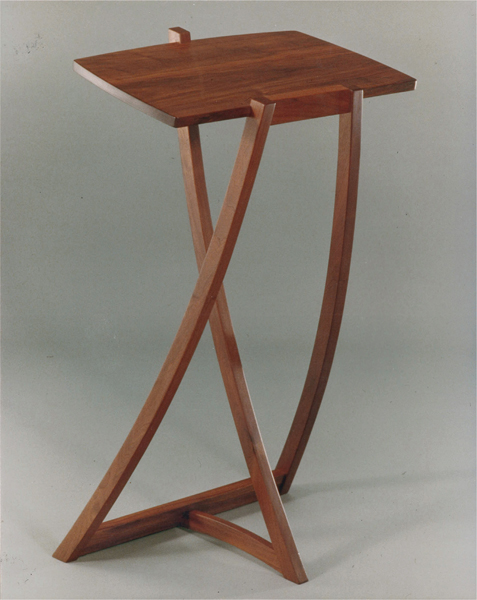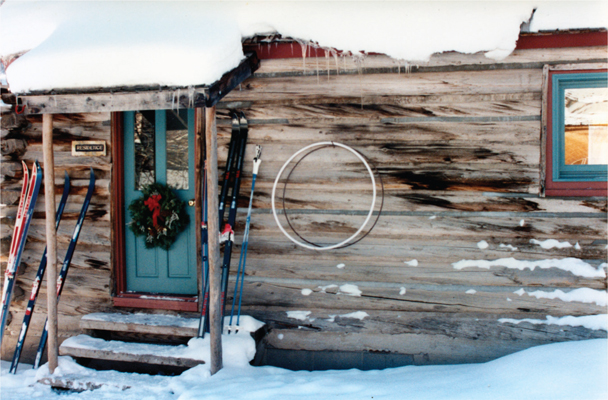PLATE 7. The authors cabin on the Anderson Ranch campus, circa 1988.
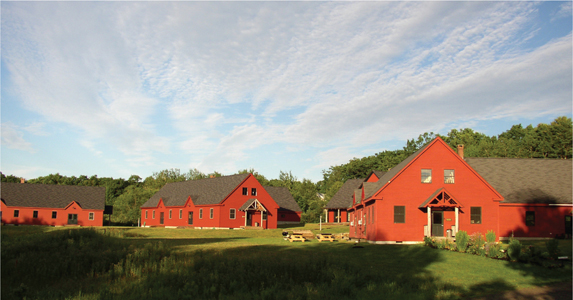
PLATE 8. Campus of Center for Furniture Craftsmanship, Rockport, Maine, 2007.
ABOUT THE AUTHOR
P ETER K ORN is the founder and Executive Director of the Centre for Furniture Craftmanship, a non-profit woodworking and design school in Rockport, Maine. Born in 1951, Korn grew up in Philadelphia, where he attended Germantown Friends School and majored in history at the University of Pennsylvania.
A furniture maker since 1974, his work has been exhibited in galleries and museums across the United States. In addition to writing Why We Make Things and Why It Matters: The Education of a Craftsman, which won the 2014 Maine Literary Award, Korn is the author of several how-to books. These include the bestselling Woodworking Basics: Mastering the Essentials of Craftsmanship and The Woodworkers Guide to Hand Tools.
ABOUT THE BOOK
Why do we make things? Why do we choose the emotionally and physically demanding work of bringing new objects into the world with creativity and skill? Why does it matter that we make things well? What is the nature of work? And what is the nature of a good life?
Part memoir, part polemic, part philosophical reflection, this is a book about the process of creation and what it means to be a craftsman in a mass-produced world. For woodworker Peter Korn, the challenging work of bringing something new and meaningful into the world through ones own efforts is exactly what generates authenticity, meaning, and fulfilment, for which many of us yearn. This is not a how-to book in any sense, Korn wants to get at the why of craft in particular, and the satisfaction of creative work in general, to understand its essential nature.
How does the making of objects shape our identities? How do the products of creative work inform society? In short, what does the process of making things reveal to us about ourselves? Korn draws on four decades of hands-on experience to answer these questions eloquently in this heartfelt, personal and revealing book.
This ebook is copyright material and must not be copied, reproduced, transferred, distributed, leased, licensed or publicly performed or used in any way except as specifically permitted in writing by the publishers, as allowed under the terms and conditions under which it was purchased or as strictly permitted by applicable copyright law. Any unauthorized distribution or use of this text may be a direct infringement of the authors and publishers rights and those responsible may be liable in law accordingly.
Version 1.0
Epub ISBN 9781473520684
www.randomhouse.co.uk
Published by Square Peg 2015
2 4 6 8 10 9 7 5 3 1
Copyright Peter Korn 2013
First published in the United States by David R. Godine, New Hampshire
Peter Korn has asserted his right under the Copyright, Designs and Patents Act 1988 to be identified as the author of this work
First published in Great Britain in 2015 by
Square Peg
Vintage Books, 20 Vauxhall Bridge Road,
London SW1V 2SA
www.vintage-books.co.uk
A Penguin Random House Company

www.Penguinrandomhouse.com
A CIP catalogue record for this book is available from the British Library
ISBN 9780224101097
W HO KNOWS what form the forward momentum of life will take in the time ahead or what use it will make of our anguished searching. The most that any one of us can seem to do is to fashion somethingan object or ourselvesand drop it into the confusion, make an offering of it, so to speak, to the life force.
E RNEST B ECKER , The Denial of Death
Introduction
I BELONG TO a generation of furniture makers to whom woodworking initially presented itself as a lost art from a more authentic time. When I turned my first clear pine board into a cradle, and for many years thereafter, I was beguiled by rediscovering the how of craft. How do you sharpen a chisel? How do you cut a sliding dovetail? How do you make a chair comfortable? Eventually, though, I also began to wonder about the why. What is craft and why does it matter? Why do we make things? Or, more specifically, why do we choose the spiritually, emotionally, and physically demanding work of bringing new objects into the world with creativity and skill?
The answers I have found through considering the work of my own hands, through the practical education of a life in craft, and through the shared experiences of others all seem to lead back to one fundamental truth: we practice contemporary craft as a process of self-transformation. Why this should be so and what its ramifications are, not only for craft and other creative fields, but also for understanding our own humanity, is the subject of this book.
More than five years ago I told myself that if I put down at least one word a day about the things that deeply mattered to me, I would be ahead of where I was not writing about them at all. My previous efforts as an author had been in the how-to genre. Books such as The Woodworkers Guide to Handtools (Taunton Press, 1998) and Woodworking Basics: Mastering the Essentials of Craftsmanship (Taunton Press, 2003) were relatively straightforward to write. I knew in advance the material I had to cover, so all I needed to do was construct a thorough outline and put flesh on the bones as clearly and accurately as possible. Not so this book! The slow, focused work of translating elusive perceptions about the

